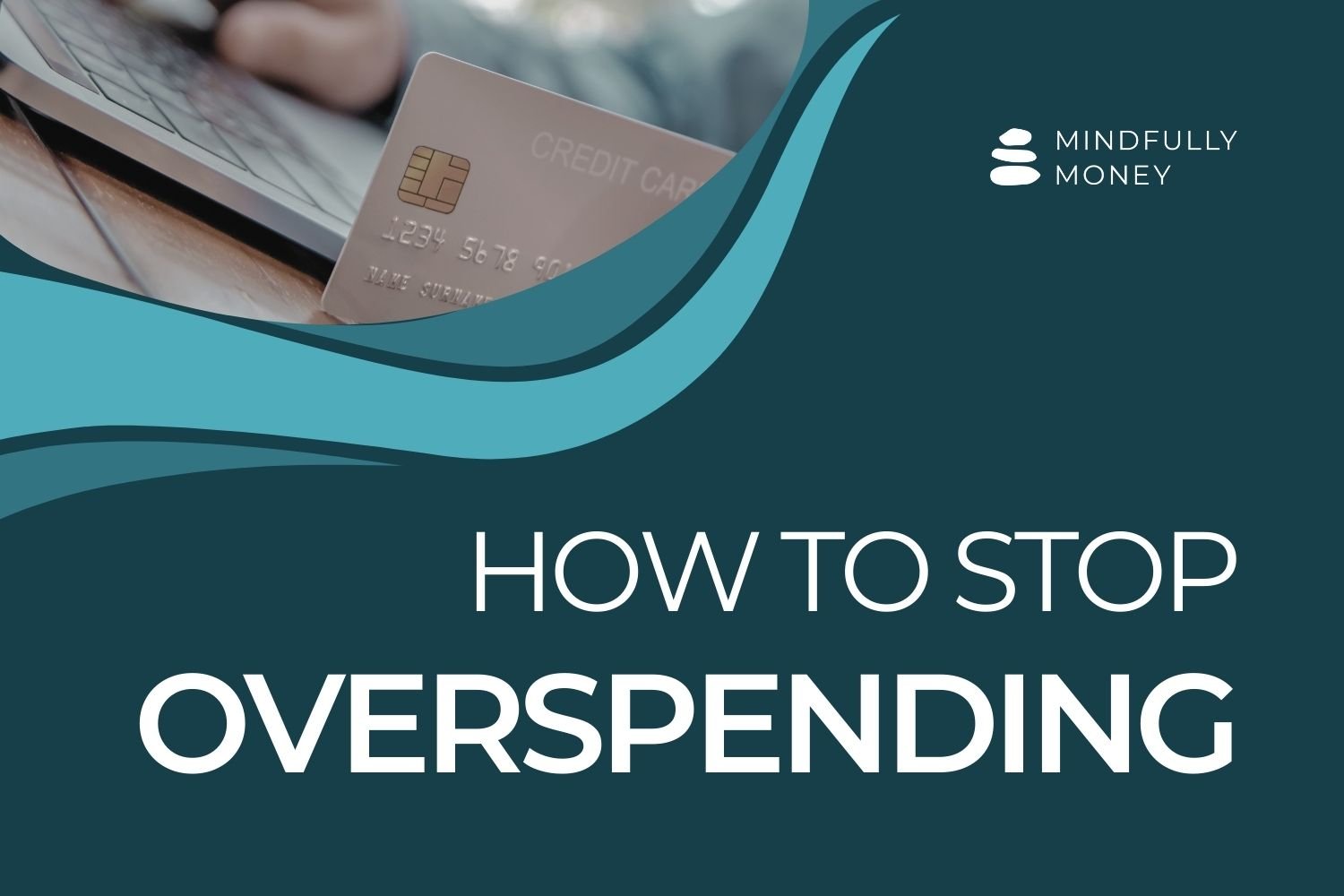How to Protect Yourself Financially From Divorce
Divorce can be a traumatic and stressful experience for anyone, but it can be particularly devastating for women, who are often more financially vulnerable than men. While measuring and comparing the well-being of women and men after divorce is complicated, it is clear that women do face an increased chance of financial hardship after divorce. This is why it is important that women take steps to protect themselves financially from the possibility of divorce.
Note: even if you are currently thinking that you will never be in this position, I encourage you to keep reading. These tips are important for everyone even if they never get divorced.
Of course, this situation isn’t limited to marriages where a husband takes advantage of his wife. It can happen in any relationship with those of any gender identification, and these tips are good for anyone in a marriage or committed relationship. But since it most often happens with women married to men, that’s the focus of this article.
After a divorce, women may face several financial hardships that can significantly impact their standard of living.
Why it is so important to protect yourself in case of divorce:
Reduced income: Women are more likely than men to have interrupted careers due to caregiving responsibilities, and as a result, may have lower earning potential. After divorce, they may have to rely solely on their own income, which may be lower than what they were used to during the marriage.
Loss of assets: In many cases, assets acquired during the marriage are divided during the divorce. Women may lose valuable assets such as the family home, investments, and retirement savings.
Increased expenses: After divorce, women may have to bear the expenses of running a household on their own, including rent or mortgage payments, utilities, and other living expenses.
Child support and alimony: While child support and alimony can provide financial support for women and their children, the amount may not be sufficient to maintain their pre-divorce standard of living.
Debt: Women may be left with debts that were incurred during the marriage, such as credit card debt, mortgages, and car loans. They may have to take on additional debt to cover their expenses after the divorce.
Legal fees: Divorce can be expensive, and legal fees can quickly add up. Women may have to pay for their own legal representation, which can be a significant financial burden.
Overall, these financial hardships can make it difficult for women to rebuild their lives after divorce, and may require them to make significant lifestyle changes in order to make ends meet. It's important for women to take steps to protect themselves financially before and during the divorce process in order to mitigate these potential financial hardships.
Here are some ways that you can protect yourself financially in the event of a divorce:
1. Open your own bank account that only you can access.
Unfortunately, it is all too common for a spouse who wants a divorce to drain joint bank accounts, leaving the other spouse with no access to money. Money in your own account will still be considered in the divorce, but at least you will have access to some money of your own to pay for expenses.
You’ll want to keep at least enough to pay for a couple months of rent and living expenses, just in case.
Note: Most people should be open and honest about having this money. Lying builds distrust in a relationship. However, if you are in a situation where you are worried about safety, it’s definitely okay to keep this a secret. In rare cases, you may even want to have your money saved under a trusted friend or relative’s name.
2. Be actively involved in the household finances and know how to log in to all joint accounts.
This will help ensure that you know how to manage money and that you have an idea of what your financial situation is. It is also helpful in the event that your spouse dies or becomes incapacitated. You must know what is happening with your money and how much you have!
This also helps you identify and prevent situations where a spouse may be hiding or removing money without your approval.
3. Have a way of building credit.
If you get a divorce and do not have a credit history, you will have trouble getting a mortgage, renting, or getting a credit card on your own.
To build credit, make sure that you have a credit card in your name or that your name is on the mortgage or car loan. With a credit card, make sure it is used (even on a small purchase) every month and the bill is paid in full every month.
To view your credit history, request free credit reports from the main credit reporting agencies through www.annualcreditreport.com. This is a government website and is the only place you should go to access your credit history.
Learn more about credit: A Complete Guide to Your Credit Score
4. Open and contribute to your own retirement accounts.
Every person should have their own retirement accounts. If you don’t have access to a plan through your employer, open a traditional or Roth IRA and contribute as much as you can up to the max. Those who are self-employed and have contributed the max to their IRAs can use one of the special options for self-employed people and small business owners.
*Spouses who are not working (such as stay-at-home parents) can and should still open an IRA or Roth IRA in their own name. The technical name for this is a “spousal IRA,” but it is really just a normal IRA or Roth IRA that is based on your spouse’s earned income.
FREE RESOURCE: A Beginner’s Guide to Saving for Retirement
5. Have your own income.
I fully support people who want to be stay-at-home moms (or dads). In fact, I was one for a while. But it is true that being a SAHM presents certain risks and challenges because it reduces your ability to have access to money and earn your own money if something happens.
Here are a few things you can do as a stay-at-home parent to protect yourself and your ability to earn money:
Work part time to keep your skills, employment history, and connections up-to-date.
Maintain licenses and professional designations.
Continue to network with people in your industry.
Continue your education.
Consider starting your own business, even if you only work in it a few hours a week.
Volunteer
Ultimately, it helps to think about what you would do if you got a divorce or your spouse died or was otherwise unable to work. Having ideas and being mentally prepared for something bad to happen can put you in a much better position if it were to happen.
Keeping your skills and connections up-to-date will put you in a much better position if you ever get divorced or something else happens.
6. Make and save copies of all important documents.
Make sure you have copies of all documents, including marriage certificate, birth certificates, prenup or postnup agreements, and any other legal documents such as wills/trusts, or property ownership records.
You’ll also want to have copies of insurance policies so that you can continue to receive benefits or know where to go if you need to change policies on the house or car.
Having access to these records can expedite things and make your life easier if you ever need to leave quickly or your spouse tries to hide things from you.
7. Consider a prenuptial or postnuptial agreement.
Prenups and postnups can provide guidance on how assets are split in the case of a divorce. They are especially helpful if you are entering a marriage with assets that you wish to protect or have children from a previous marriage.
For example, if you are in charge of a family business and you wish to pass the business to your children, you would want to state that the business would not be divided if you divorce your new spouse.
Another example would be if you are going to inherit a significant amount of money that you would not want your partner to take in a divorce.
8. Learn about managing money.
The more you know about the basics of money management, the better off you will be. Many women leave the money “stuff” to their husbands and feel completely lost when they suddenly end up on their own.
9. Work with a financial advisor or coach to develop a plan for how you’ll manage money on your own.
A financial coach can help you learn to manage the flow of money in and out of your accounts, pay off debt, align your money with your goals and values, and figure out how to save more.
A financial advisor can help you come up with a plan to protect your assets, minimize taxes, invest wisely, and make sure your estate plan is updated.
Divorce can be a challenging experience, but taking steps to protect yourself financially can make the process less stressful and help you end up in a more financially beneficial position. And even if you never end up getting divorced, the tips will still help put you in a better, safer financial position.









